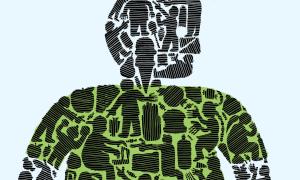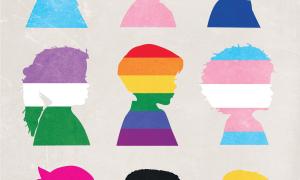the moment
Centering Black Girls in School Safety
School hardening policies—such as the presence of police and security, metal detectors, and harsh discipline codes—contribute to a criminalization culture in schools and students being pushed out of classrooms and into the school-to-prison pipeline. For Black girls, this criminalization culture causes serious additional harms.
- Keep Her Safe: Centering Black Girls in School Safety
- What Is the School-to-Prison Pipeline, and How Do We Dismantle It?
- You Are Welcome Here



